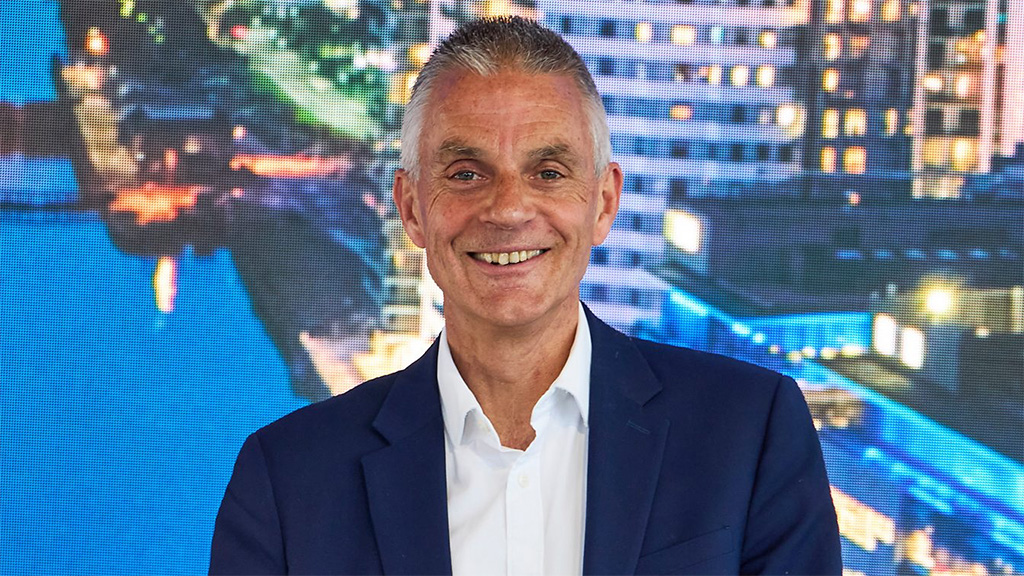The BBC is thinking about an online media device with Freely capabilities, as it looks to a transition to television delivered online in the next decade. Tim Davie, the director general of the BBC, says the corporation can play a key role in innovating to ensure that the new world is inclusive and accessible.
In a wide-ranging speech delivered at the Lowry Theatre in Salford, near the new BBC campus in the city, he talked about building trust as the essential ingredient of a secure, cohesive society.

“As we head into our new Charter, it is not a mindset of ‘defending the BBC’ but asking how we serve everyone, everywhere,” he said.
“Isn’t there is a shocking irony that in a globally connected age, loneliness is growing fast. Let’s remember that there are 8.4m single households in the UK — that’s nearly a third. Of course, television and radio provide vital companionship and the opportunity for connection and shared experiences.”
He talked of the importance of trusted information, for democracy, of the importance of information technology to help rather than harm children, of economic growth, and “the choice to ensure everyone benefits from digital transition.”
As the government consults on the future of television distribution, he said: “we believe the BBC can play a vital role in helping to support audiences to transition to digital in a way that’s fair and equitable, where access is guaranteed and no one is left behind.”
“We think now is the time to confirm an IP switchover in the 2030s, setting out the conditions and providing certainty to ensure success,” he said. “We want to double down on Freely as a universal free service to deliver live TV over broadband. And we are considering a streaming media device with Freely capabilities built in, with a radically simplified user interface specifically designed to help those yet to benefit from IP services.”
“The UK can lead the market in developing a new wave of smarter platforms, like iPlayer, with improved functionality,” he said. “I am interested in the opportunity to create significant value for the public in our ownership of proprietary technology in the media sector.”
He also raised the prospect, once again, of working with other public service broadcasters.
“We need a Charter that allows us to act faster — to be more agile and respond to the changing market, technology, and audience needs. One which allows the BBC to extend our partnerships with other PSBs and enables the BBC and other UK players to build scale together.”
On the subject of funding, it is notable that he no longer sought to defend the television licence fee, although he dismissed advertising or subscription as being incompatible with building a universal trusted public service. “Beyond that, we keep an open mind,” he said. “We continue to actively explore all options that can make our funding model fairer, more modern, and more sustainable.”
The head of the BBC also spoke of the importance of prominence: “If people can’ t find our services, and prominence is simply secured by the highest bidder, then we can’t build connections and trust. I know Ofcom are on the case. The stakes are very high and we need rapid bold intervention.”
He added that “we need a clear commitment from the Government to deliver a fully inclusive digital transition.”
The full text of the speech, titled ‘The BBC – A Catalyst for Building Trust’, is available on the BBC web site.
